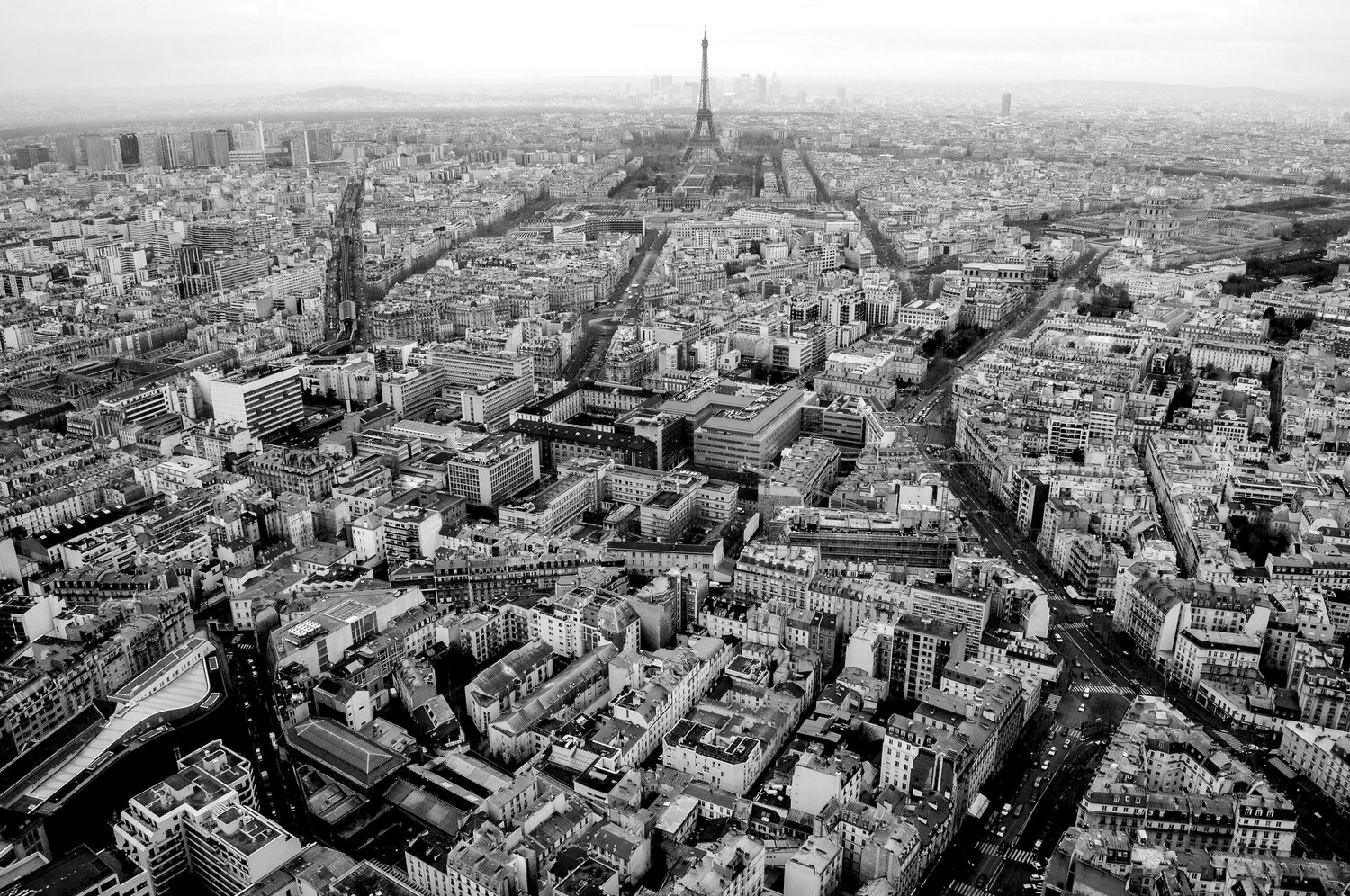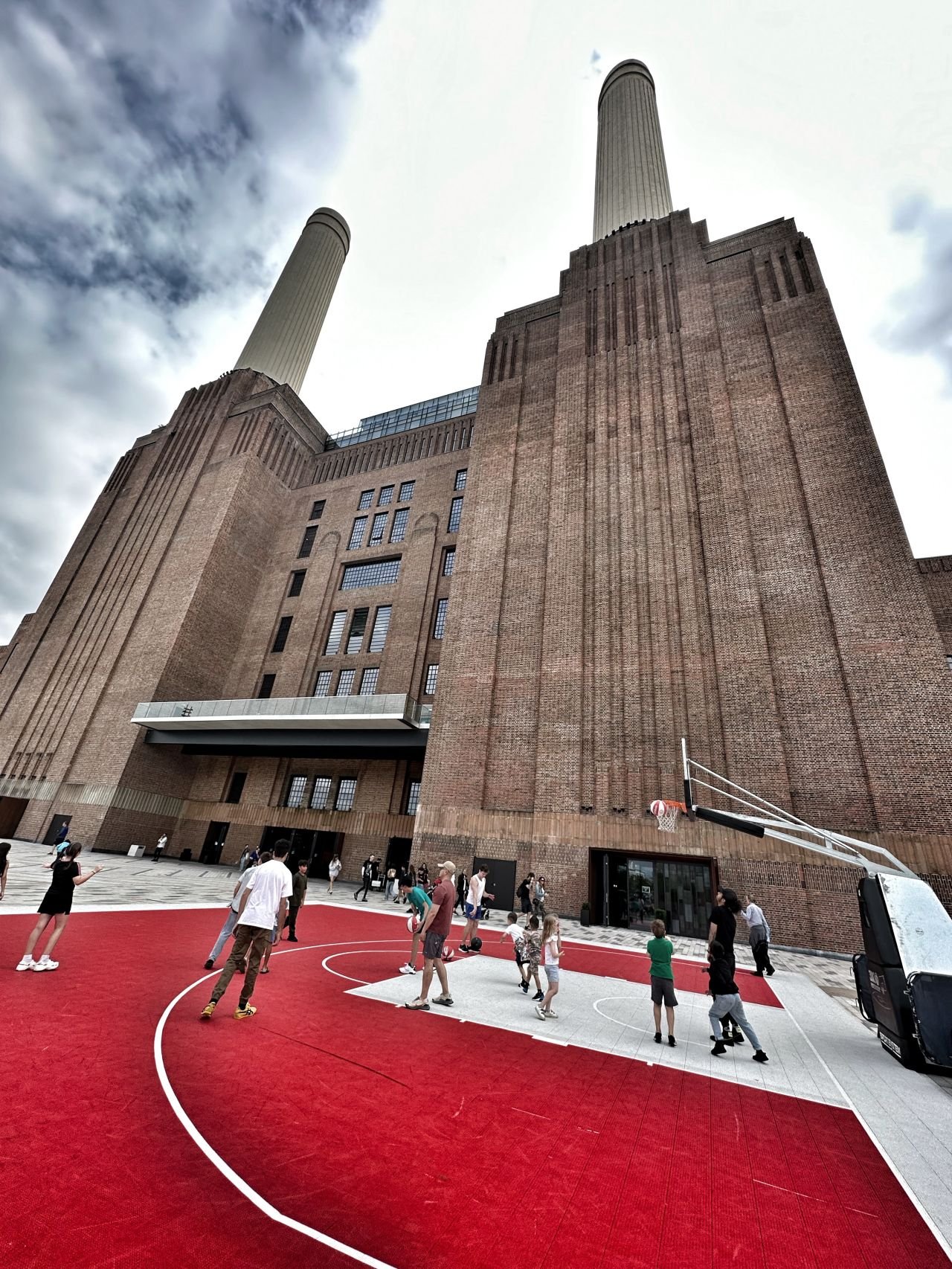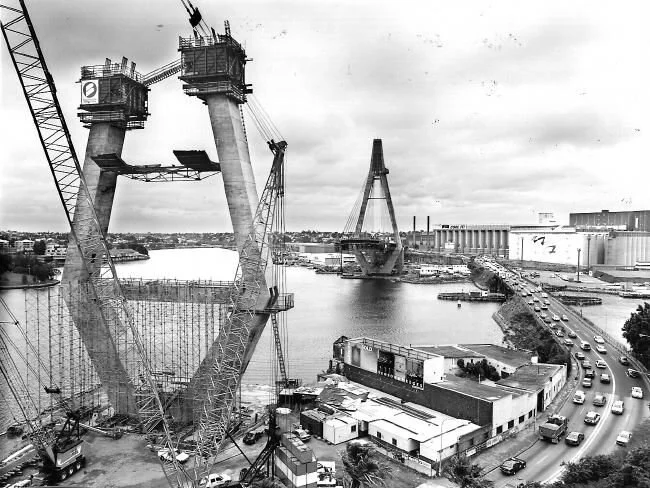Having played music on streets across the world, at 29 years old, busker and musician Kane Muir has experienced a life unique to most. Before he embarks on his next stint in Los Angeles, I caught up with him to talk cities, warehouse-living and the busking lifestyle.
Read Moreinterview
Creating digital cities: Interview with Ross Atkin /
Time is flying, and the world is developing at a rate of knots. Blink and we’re onto the next iteration of iPhone. The world is changing, and quickly. I mean, who knew that it’s been 100 years since the first BMW went into production. To mark its centennial year, the BMW Group and its four brands – MINI, BMW, Rolls Royce and BMW Motorrad, are exploring groundbreaking technology that will affect how we live over the next 100 years.
MINI particularly has always been recognised for its personalisation in design so it’s fitting that as part of the centenary year it has created the ‘Future Shapers’ project. Bringing together cutting edge designers Marcus Lyall, an audio-visual director, Margot Bowman, a multi-media artist, and Julia Koerner a fashion designer, to explore the future of personalisation in design, technology, fashion, and mobility.
MINI’s project inspired me to find other pioneers doing great things to improve our future. I’ve often wondered why technology isn’t more widely used to improve cities. It seems kind of stupid that we can chat face to face with friends on the other side of the world at any given moment, yet I have no idea when a free black cab is going to pass or when the traffic lights will change.
This is when I discovered Ross Atkin. I interviewed Ross - maker of Sight Lines - about his own vision for the future of mass personalisation.


As a designer who integrates technology into public spaces, and gives talks around the world on how we can better use technology in the city, Ross’s work is both inspiring and practical. Focusing his ideas on improving cities for the elderly and disabled, it’s clear his heart is in it for the right reasons.
Trained as an engineer, Atkin worked in design before getting involved in technology for cities. From this experience, his focus has always been on the small-scale – creating specific items for specific purposes, “by working from the ground up”, he told me “we’ll end up shaping an amazing future.”
Most of Ross’s work focuses on street design and using technology to help disabled people to navigate the city. He does things like create street lights which brighten for pedestrians with poor vision and has created an app which tells its user whether access routes are open. By following his ambition, his day-to-day work has branched out into a whole range of areas. He now creates a wide range of products, as well as advises companies and government bodies.
I had never given much thought before to how difficult it must be to move about the city as an elderly or disabled person. Ross explained to me the frustrations of people bumping into a temporary sign, or walking onto the road when there’s no way of knowing the pavement will end. I soon realised that for many people, the whole idea of trying to navigate the city – which changes every day – seemed pretty damn scary. My constant complains about bad bus timetables and traffic lights suddenly seemed pretty petty.
Chatting with Ross, it became clear to me that although his interests are broad, he’s mainly passionate about improving urban environments for people who need it most, “different people experience different things in cities which are inconvenient and annoying,” he told me, “I’m very interested in working with disabled and elderly people because the level of inconvenience they experience in cities is much higher. So, there is an amazing opportunity to make a big impact.”
With over half of the world’s population now living in cities, and with an ageing population, it’s easy to see just how big an impact this will have. The race for cities across the globe to become more beautiful and more ‘liveable’ has begun, and technology will no doubt play a huge role in the way this race folds out.



In addition to creating apps and responsive street furniture, one of Ross’s coolest technology projects is called ‘Sight Line’, which enables people with bad sight to learn all the details of construction sites through a transmitter, or app. Not only will the pedestrian quickly know how wide the construction site is, but they will know how long it will be there and even how to get around it.
“Construction works on footpaths is seriously hard for the visually impaired,” Ross told me, “if somebody can’t access the path that they normally take, and they have no idea how to get around the construction works, they can get completely stuck.”
The awesome thing about Sight Lines is that it taps into existing data already recorded by contractors, so there’s no extra management work needed. By using existing technology and information, Ross’s work is able to completely transform the way people interact with their surroundings. Pretty cool.
When I asked Ross how he imagined the future of cities, he told me that it would probably look something pretty similar to today. Slightly disappointed, I asked, “no changes at all?”
Ross explained, “I just don't really buy into the idea of having a ‘grand vision’ for how the city will look in the future. Instead, I’m focused on solving the problems that exist right now, with the technology we have today.” He imagines an incredible future with amazing improvements, but he doesn't think we’ll get there by drawing big plans. Instead, he thinks, we should focus more on making practical improvements to all the little things - one at a time.
With such simple, yet useful ideas, it was awesome to meet Ross who is at the forefront of creating products that will undoubtedly help to shape the future of our cities.
As part of MINI’s Future Shapers project, in the next few weeks I’ll have the opportunity to see how MINI is exploring its own vision of the future as part of its exhibition ‘BMW Group Future Experience", at the Roundhouse 17 – 26 June 2016. The exhibition will look at groundbreaking new technology that will affect how we live in 100 years. Visitors will be able to see a future MINI, a “Vision Vehicle”, that demonstrates applications of this new design and technology in an iconic car.
Visit MINI.co.uk for free tickets.
(And make sure you check out the full interview below!)
Remaking London: An Interview With Ben Campkin /
Ben Campkin is the Director of UCL’s cross-disciplinary Urban Laboratory and Senior Lecturer in Architectural History and Theory at the Bartlett School of Architecture. In his new book Remaking London, Campkin focuses on contemporary regeneration areas, places that have been key to the capital’s modern identity but that are now being drastically reconfigured. Rather than simply analysing these tensions in the current political climate, he discusses them in relation to the context of their historical urbanisation.
Read More



















